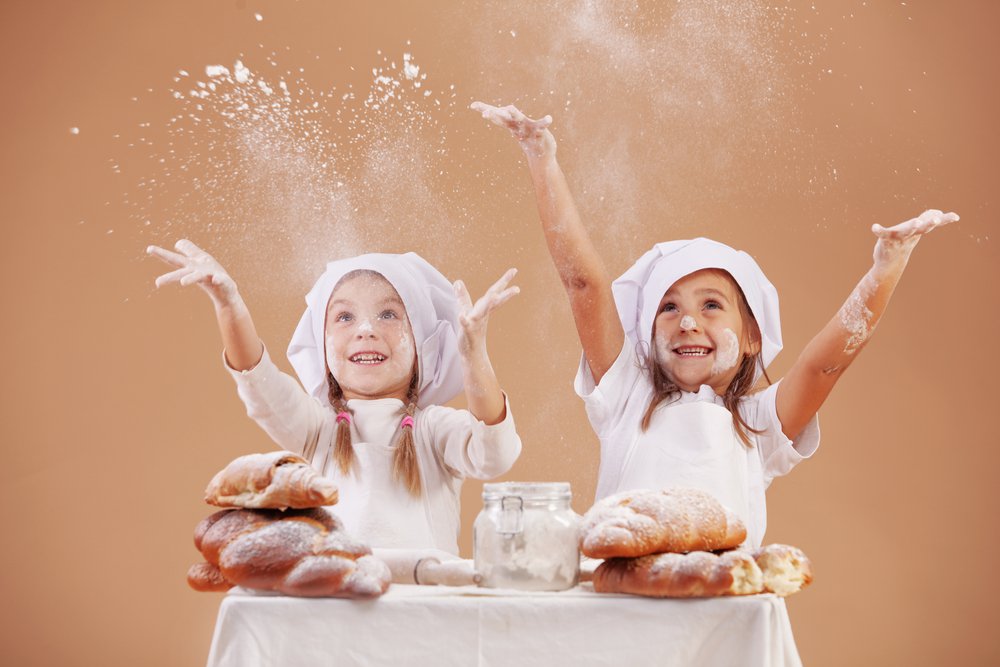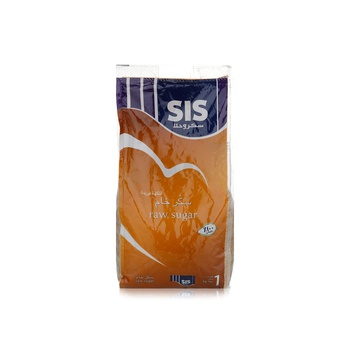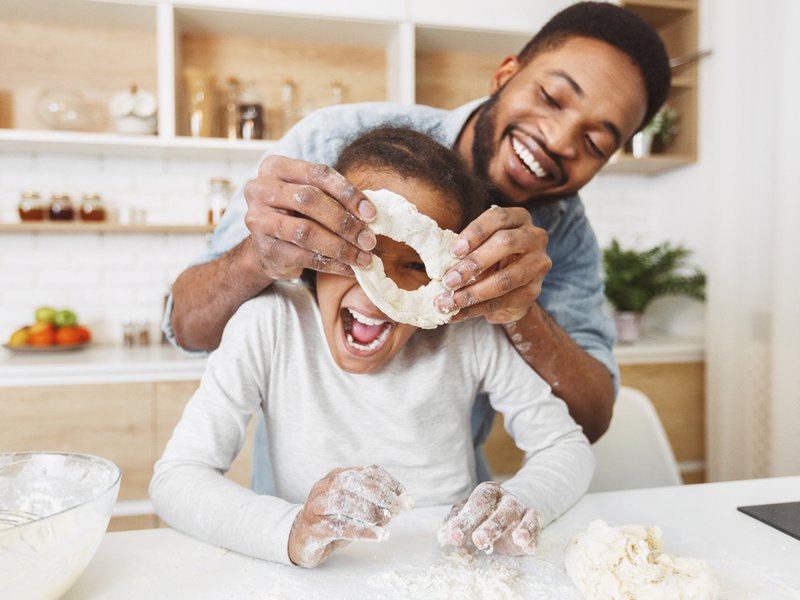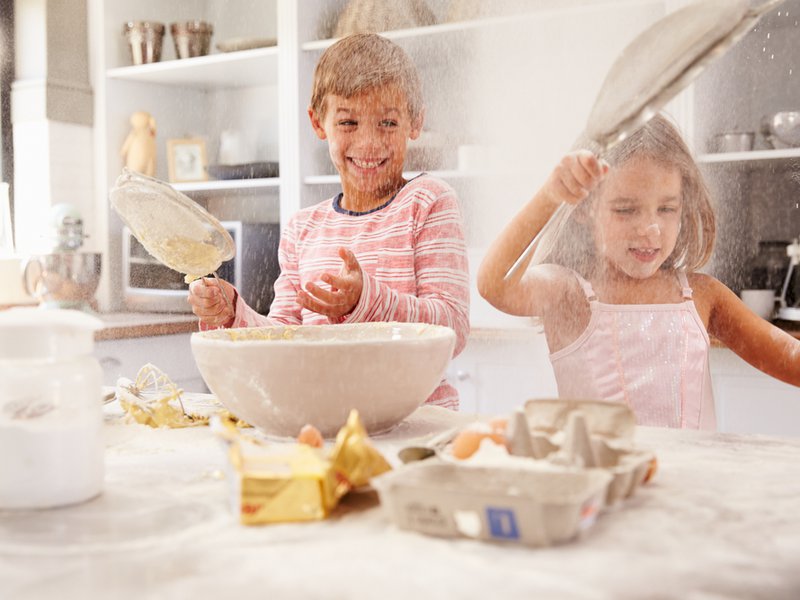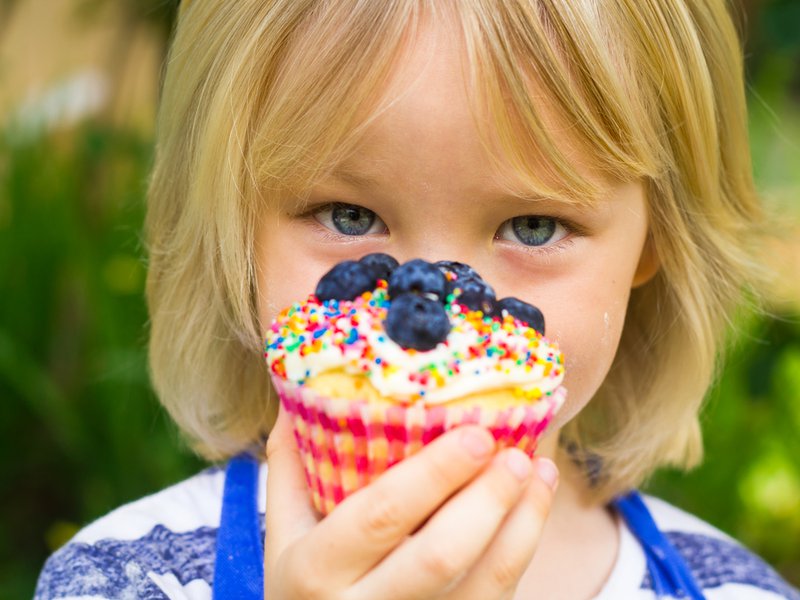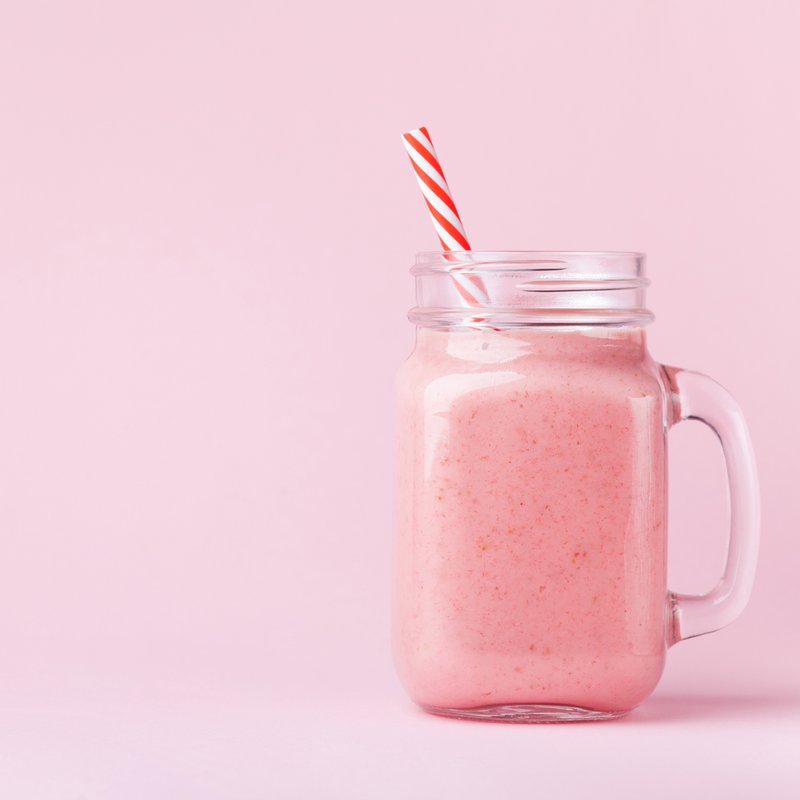Yes, you’ll find flour in every nook and cranny for the next seven days. Yes, there won’t be a clean fork, bowl or pan in the house. And no, you probably won’t win awards in the food stakes. But the positive reasons to bake, cook and create with your children are many — once you make your peace with the 100% likelihood that there will be mess.
Here are a few tips to make your time in the kitchen with the kids enjoyable for all.
1 Make it relevant
You won’t find many kids who fancy smashing out a traditional Provençal Bouillabaisse before their morning snack. Try recipes your little chefs can relate to, perhaps things they love to eat or pictures they are drawn to in recipe books. The internet is full of easy, sweet and savoury baking recipes suitable for kids. A few tried and tested kiddie favourites include old-fashioned flapjacks, rocky road, butterfly cakes, cheese straws and pizza pinwheels.
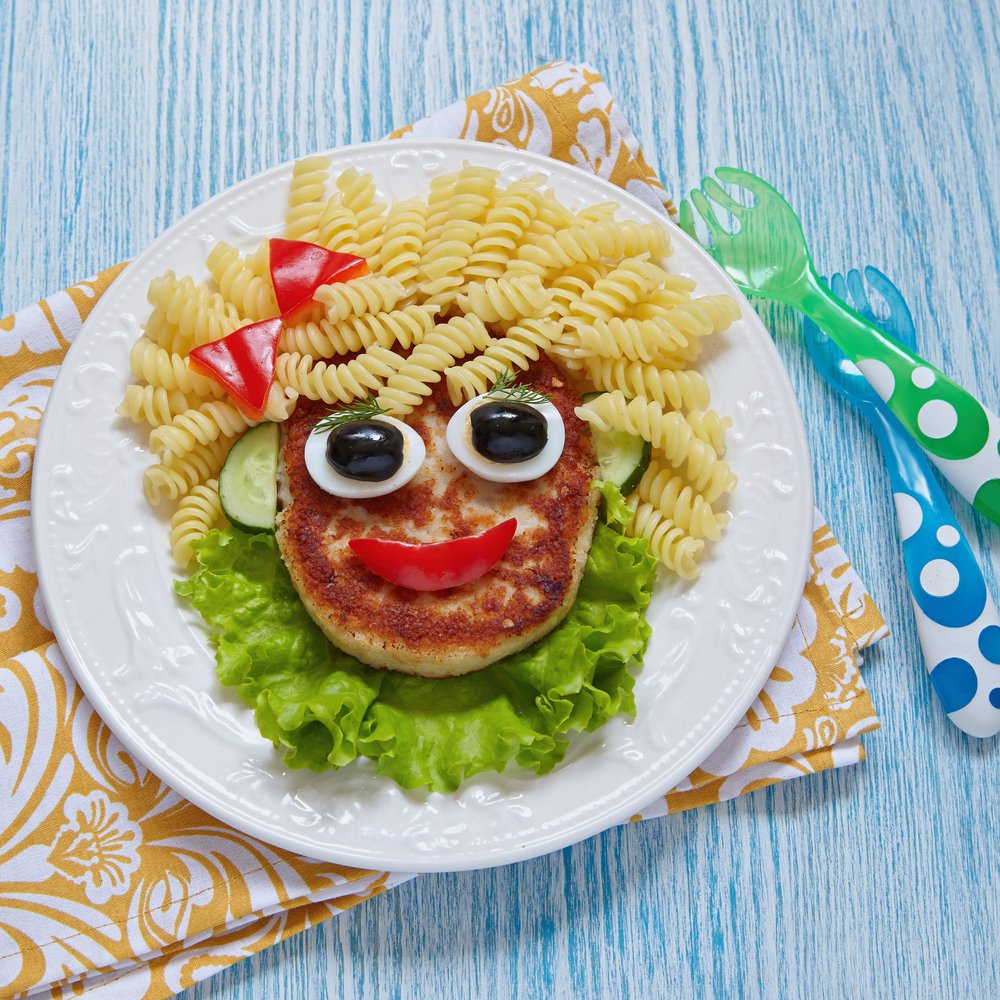
Food with faces can be a great way to get kids cooking
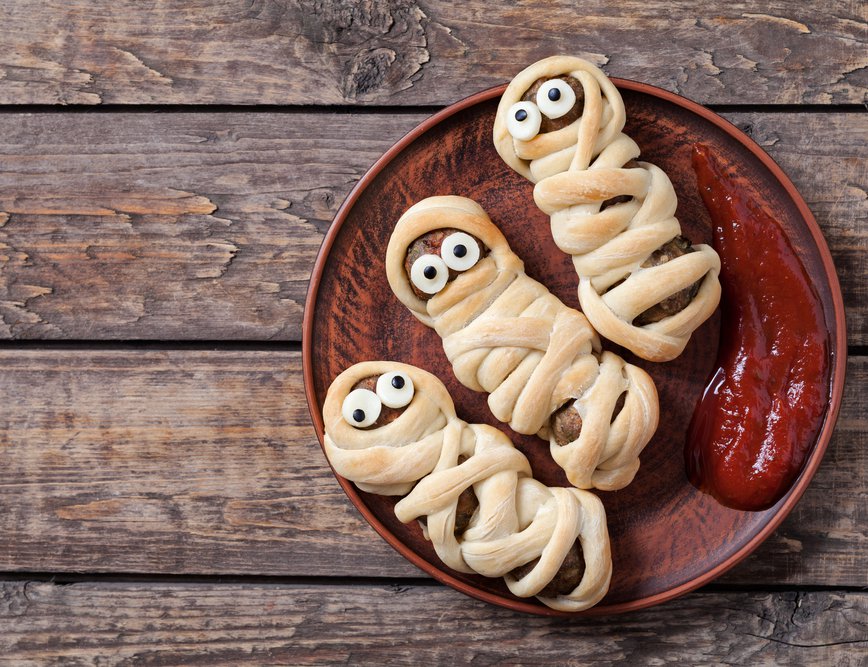
Mummified turkey sausage rolls with white bread and black olive eyes
2 No overthinking
A cooking session with children doesn’t have to be a full morning or afternoon activity. Forget the idea you need two or three hours, a ton of equipment and complicated ingredients. Some of the best child-friendly recipes don’t require cooking of any kind. Try and make cooking more of a creative activity than a complex one. Make pancakes one day and pop them in the fridge. The next day give the troops a banana, a handful of blueberries, some honey, nut or chocolate spread, some kid’s knives and suggest a decorating session ahead of brekkie. Your little Pablo Picasso may surprise you.
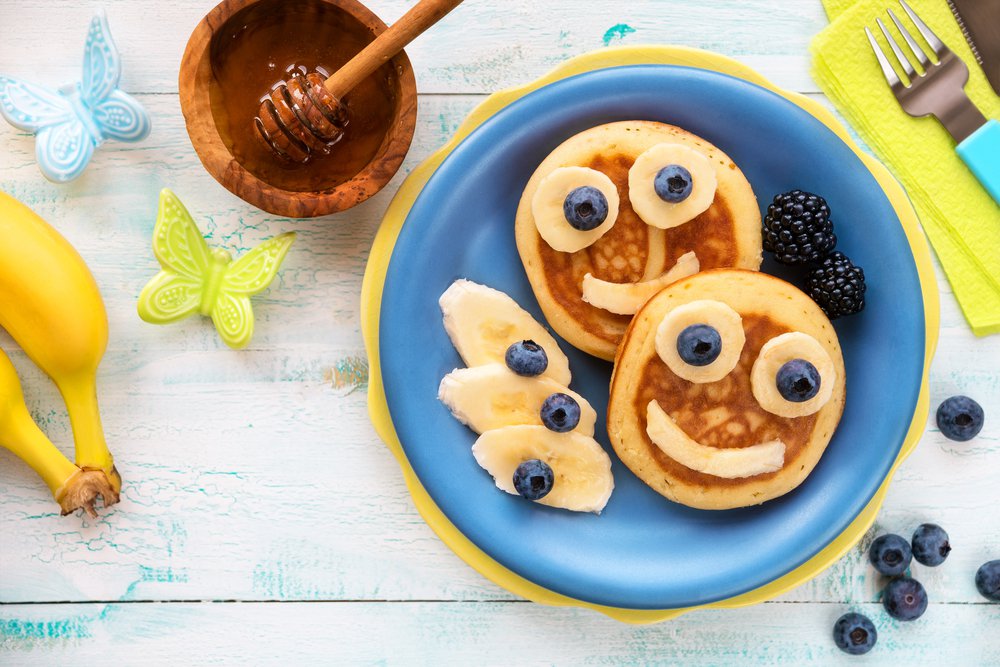
3 Less is more
Go for recipes with fewer ingredients and plenty of action as this keeps children focused. Younger children with shorter attention spans will find it hard to stay on track if mum, dad or grandma have their head in a book, checking intricate measurements and ingredients. Our advice is no more than 10 ingredients, preferably less. Before you begin, collect all the ingredients together and put them in a line. Ask the kids to return them once you have finished with each. Not only will this nurture independence and responsibility but will also make the clean up a little easier.
4 Education in disguise
Kids are itching to get in the kitchen, which is half the battle, and learning by doing is always a hit. So if you have budding chefs at home, take the opportunity to brush up on some undercover academic subjects. Baking is a great way to teach kids about the chemistry of mixing ingredients, the maths of measuring and multiplying, reading a recipe, the fine motor skills required to prepare a recipe, and more. Ask older children to find equivalent measures for American 'cups', grams and millilitres. Talk with the younger ones about what is happening as two different ingredients — liquid and powder — are mixed together.
5 Stimulate senses
Baking and cooking helps children understand the process of turning individual ingredients into edible food and meals. It’s also wonderful for sensory stimuli, especially for kids who tend to be a little hesitant about new foods and new textures. Scientific research has regularly proved that children are far more likely to try new foods if they have been actively involved in the preparation. Try sweet dishes to get them hooked and then attempt cooking vegetables and fruits and mashing with small amounts of butter and ask them to 'taste test' in order to check whether they are ready. Skip the raw eggs, but let them sneak a couple of chocolate chips or try the batter as you prepare the recipe. Smell ingredients as you put them into the mix. It makes the process a lot more fun.
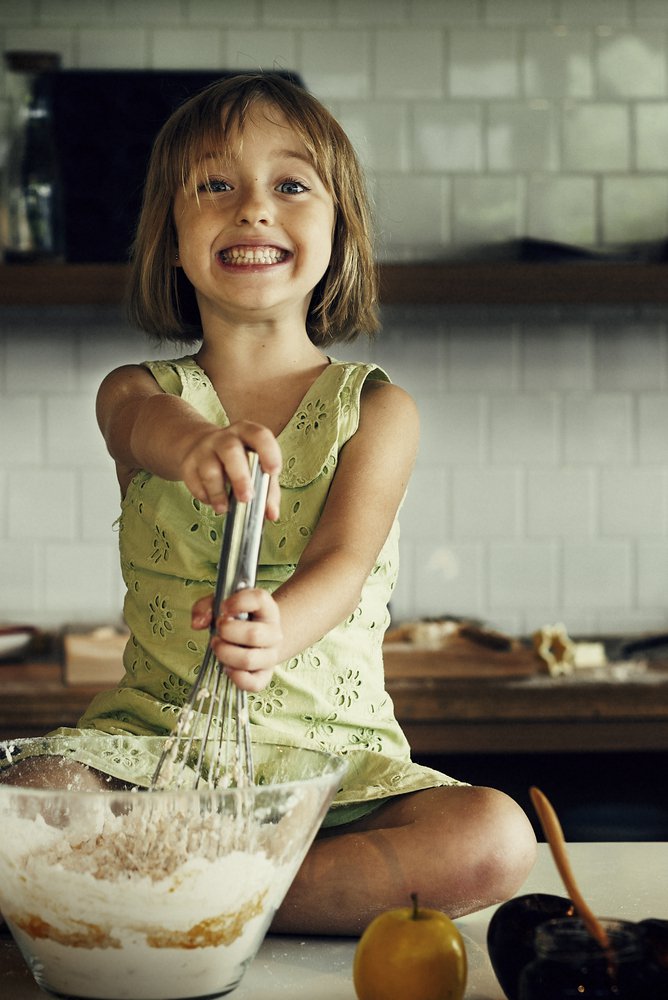
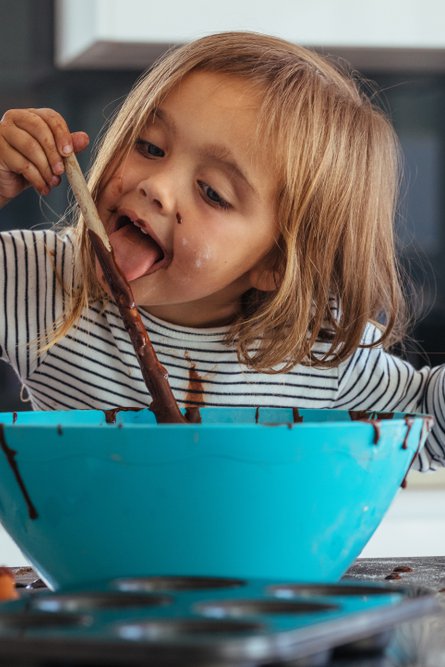
6 Zero waste
Cooking from scratch can also be a great zero or low waste family activity. Cook a fresh chicken for a family roast dinner and allow the kids to dish out the meat. After dinner ask them to strip the chicken back to the bones and see what’s left. The leftover meat can be turned into a curry the next day or used on sandwiches for school lunches. Get them involved and ask them how they’d like to use the chicken. Once it is stripped, give them a pot of water and explain how the chicken carcass can be boiled to make a broth, a great base for soups, stews or curries. That way they’ll see just how far a chicken can go.
7 Food know-how
Cooking is a wonderful way to teach your children about the value and benefits of raw ingredients. Place a vegetable stew in front of a child and it's unlikely they’ll sit and listen to you explain why broccoli is so good for them. However, ask them to wash, chop and launch it into a pan themselves and they’ll happily take in that it’s full of vitamins and minerals that help keep bodies strong and healthy. Try it, you’ll be surprised what goes in and what is retained.
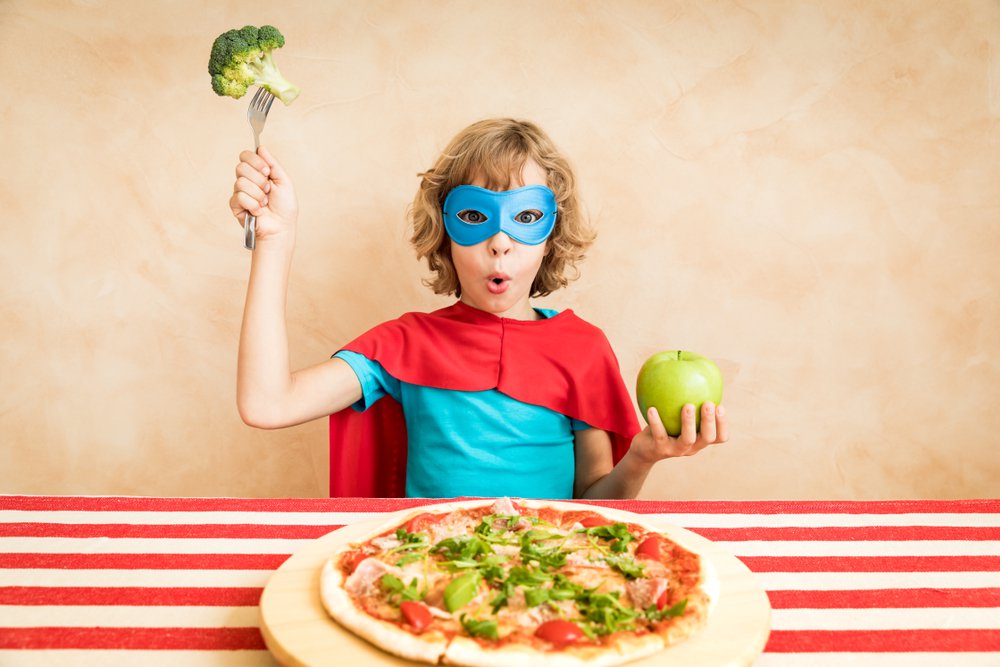
8 Let them own it
If you are baking with more than one child, try and let each child make their own batch. Most baked goods, especially those easy for kids to make, often freeze well, which means loads of handy snacks in the freezer for a later date. Brownies, cookies and pancakes are great examples and it means they can pick their own ingredients and flavours. It’s also a way to avoid fights across the worktop — if one prefers apple pancakes and the other likes raspberry, go ahead.
9 Use fun tools and decorations
Allow children to have some creative freedom. Cakes don’t have to be perfect, a little extra flour or too much vanilla essence isn’t the end of the world. Cake decorating aisles are filled with sprinkles, chocolate chips, silver stars and candy flowers. Allow them to create with few limits. Don’t attempt a seven-layer birthday cake for a special occasion with kids — it won’t work. Choose recipes that don’t require perfection. Steer clear of technical and finicky recipes and allow them to make mistakes. Your kids will still love the cookies they make themselves even if they are a little chewy because they lost half an egg down the side of the bowl.
10 Embrace the mess
If every time they drop a few puffs of flour they are reprimanded, children will never want to cook again. Try to accept that cooking with kids is messier than preparing a recipe on your own. However, it’s also a chance to teach the kids important life skills, not only about preparing food, but also about cleaning and tidying up after themselves. Cleaning is also a great sensory stimulus activity and continues to educate them on everyday, real-world skills for the future.
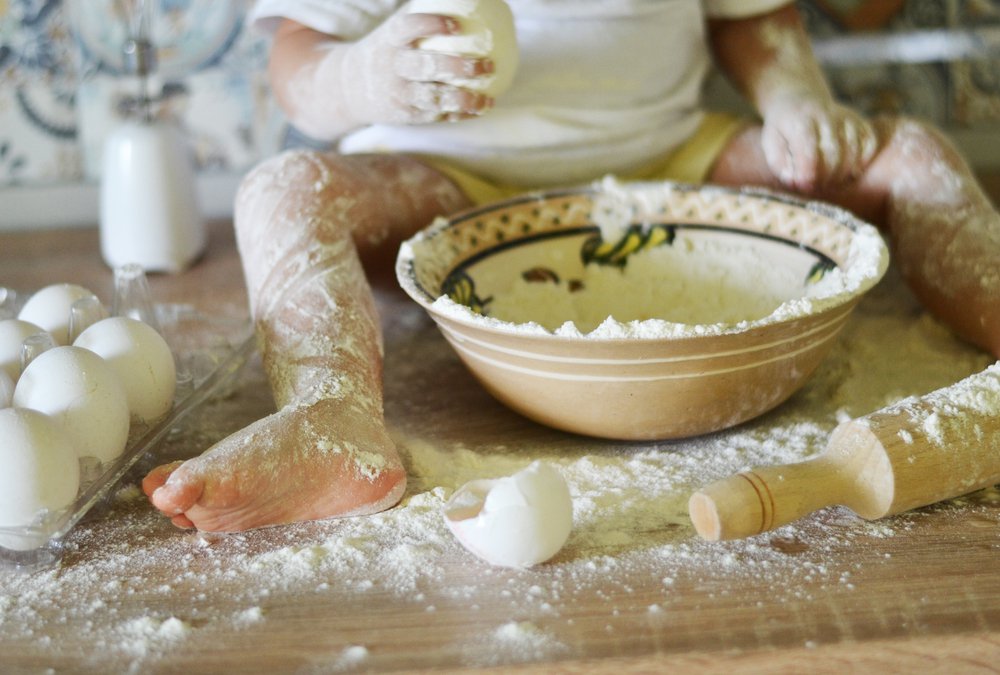
Just can’t face it?
If you really can’t get past the idea of the kitchen becoming a state, the clever folk at Russo's in the Springs Souk have introduced cooking sessions for kids. They will happily welcome little chefs for fun-filled, hands-on pizza making sessions. Prices are Dhs65 per child without an apron and Dhs99 per child with an apron to take away, for a minimum group of six children. Classes take place daily from 11am-6pm.
